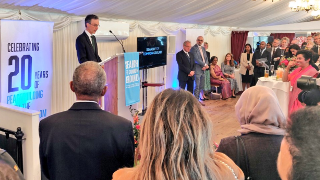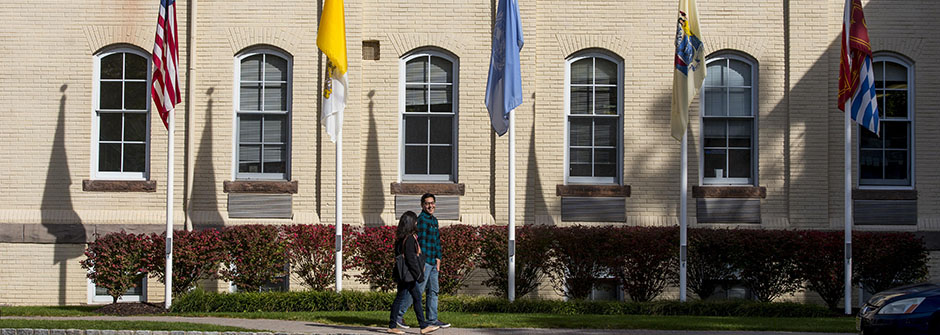
Activities
MENA: Conflict Sensitivity Presentation to U.S. Government Agencies
The Center visited Washington, D.C. to deliver a presentation of conflict sensitivity in Yemen to U.S. government agencies. Audience participants included representatives of the following offices: USAID; Office of Conflict Mitigation and Management; Office of Transition Initiatives; Office of Civilian-Military Cooperation; Center of Excellence on Democracy, Human Rights, and Governance; Office of Foreign Disaster Assistance; Office of Food for Peace; Middle East Bureau; State Department; Bureau of Near East Affairs; Bureau of Conflict and Stabilization Operations.
MENA: International Dialogue on Community Safety in Yemen
The goal of this dialogue in Amman, Jordan was to develop a joint understanding of: 1) existing approaches to community safety in Yemen; and 2) short, medium and long-term needs for enhancing support for community safety projects.
MENA: Coordination Workshop on Local Government Aid in Yemen
The Center facilitated a coordination workshop on local government aid in Yemen in Amman, Jordan. In attendance were 67 participants from 31 UN agencies, INGOs, NGOs, think tanks, donors and embassies working in the local governance and development sector. The workshop covered: 1) present local government situation; 2) mapping of local government support in regards to types of aid by geographic location, the actors that the Center works with locally, how the Center works with them and how coordination occurs and could be improved; and 3) lessons on effective delivery from past experience, with a strong focus on conflict sensitivity.
MENA: Supporting Conflict Sensitivity and Saudi Aid to Yemen
Center conducted a mission to Riyadh, Saudi Arabia to engage with KSA donor agencies on their aid into Yemen, including: 1) bilateral meetings with SFD and KS Relief; 2) tailored training in conflict sensitivity for KS Relief staff; 3) training session in conflict sensitivity and stabilization for Saudi officials; 4) working group session with SDRPY team on Yemen; and 5) presentation of platform to KSA Ambassador to Yemen.
MENA: Consulting with Lebanon on Preventing Violent Extremism
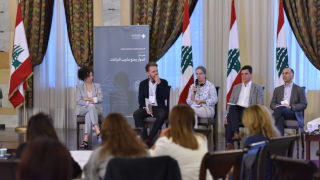
MENA: Peacebuilding in Yemen through the Economy Workshop
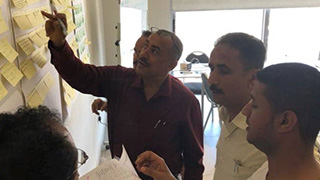
MENA: Launch of Conflict Sensitivity Facility
In June 2019, the Yemen Conflict Sensitivity Facility was officially launched by UK State Minister Andrew Murrison, at the annual Search for Common Ground Awards Ceremony. Beginning on June 20, 2019 and funded by the UK Department for International Development, this facility will be delivered in partnership with Amman-based Search for Common Ground and will persist through May 19, 2021.
Mentoring and Training: Swiss Federal Ministry of Foreign Affairs
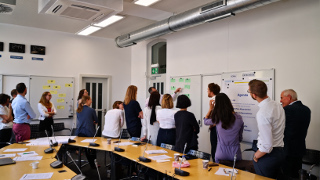
Mentoring and Training: Libya Conflict Dynamics
As part of its mentoring activities and relationship with international aid agencies, the Middle East and North Africa (MENA) program conducted a mentoring session on April 8, 2019 in Frankfurt, Germany. Participants included German Government's development agency (BMZ) employees who were coached on conflict dynamics in Libya. Professor of Practice David Wood used the results of the Peace and Conflict Analysis Libya report to present possible avenues for gainful intervention and violence management. Other areas explored included division with the East both at the institutional and public levels as well as Germany's added value and its role in the European Union.
On January 6, 2019, Professor Wood facilitated a coaching session in Berlin, Germany for the BMZ staff working on Libya. It focused on the main drivers of fragility, conflict and violence in Libya, and proposed principles for ensuring the conflict sensitivity and effective assistance in the region. The session's key elements included conversations around a possible paradigm shift in both the conflict and how aid is delivered, and the probability of including the East through possible cross-divide connections under German bilateral assistance restrictions.
MENA: Presentation of Peace and Conflict Assessment Libya Report
From January 20-23, 2019, Professor of Practice David Wood presented the Peace and
Conflict Analysis (PCA) of Libya findings to 18 international community representatives
in Tunis, Tunisia. Those in attendance included representatives from the EU, UK, Italy,
Denmark, Switzerland, France, Austria, Spain and Sweden. The presentation included
recommendations for how aid could help to reduce violence and promote peace and stability
in the country.
On November 15, 2018, Professor of Practice David Wood presented the Peace and Conflict
Analysis (PCA) Libya findings to Germany BMZ staff and senior officials in Bonn, Germany.
Funded by Germany GIZ, this report detailed conflict dynamics in the country, the
challenges to implementing the Libyan Political Agreement and the relationship between
the political conflict and local instability. The analysis-based presentation explored
the potential for transition and a possible political agreement, and the role that
aid could play in promoting an agreement.
The U.S.-China Maritime Security Dialogue: Conference
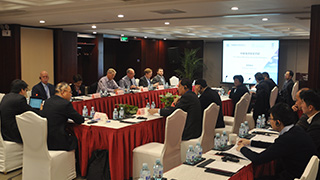
MENA: Consultation Workshop on Yemen Conflict Sensitivity Assessment
In October 2018, Professor of Practice David Wood conducted a workshop in Amman, Jordan to consult on the provisional Yemen Conflict Sensitivity research results, produced in partnership with Search for Common Ground, with funding from the UK Government. Twenty-one representatives from 14 agencies participated in this workshop that began with a summary of the key concepts of conflict sensitivity and international learning to date. It explored participants' understanding of the key conflict risks facing aid in Yemen and identified recommended actions to enhance conflict sensitivity at three levels – inside individual agencies, between agencies, and strategically. The workshop helped to demonstrate the wide diversity of the understandings of conflict sensitivity and individual and institutional perspectives on the balance between humanitarianism, development and peace aid (the Nexus), and how Stabilization fits into this Nexus.
Reconciliation Through Dialogue: Contested Memories and Reconciliation Challanges Conference
In March 2015, the CPCS, in collaboration with the Wilson Center's Asia Program, Kissinger Institute and the School for Conflict Analysis and Resolution at George Mason University, hosted "Contested Memories and Reconciliation Challenges: Japan and the Asia Pacific on the 70th Anniversary of the End of the Second World War." This groundbreaking conference addressed the upcoming challenges and opportunities in the Asia Pacific with respect to identity politics and historical issues. Scholars from China, Japan, South Korea, and the U.S. discussed why Japan's apologies regarding its actions during World War II have not been enough to assuage its neighbors, and proposed policies that could lead to a breakthrough in the deadlock. View more>>

